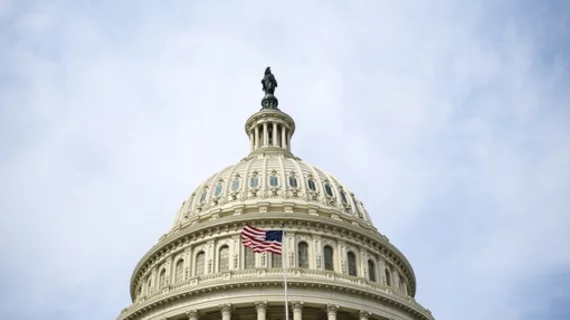MITA applauds legislative efforts to exempt medical products from proposed China tariffs
The Medical Imaging and Technology Alliance (MITA) announced its strong support of a bipartisan letter from lawmakers urging United States Trade Representative (USTR) Robert Lighthizer to exempt $3 billion worth of medical devices from tariffs.
MITA's backing of the legislative efforts from U.S. Reps. Erik Paulsen, R-Minnesota, and Scott Peters, D-California, with an additional 40 U.S. lawmakers, came less than 24 hours after President Donald Trump announced on May 29 that the U.S. would continue its plan to impose a 25 percent tariffs on $50 billion worth of Chinese goods, including medical imaging devices and equipment.
“This bipartisan initiative to exempt medical devices from proposed tariffs, which is supported by 40 members of Congress, demonstrates Congressional recognition of the enormous economic and health value of medical devices, including imaging technologies,” said Patrick Hope, executive director of MITA, in a prepared statement. “We thank Congressmen Paulsen and Peters for leading this effort and for advocating on behalf of their constituents and our employees and the patients they serve.”
The bipartisan group is requesting that all medical technology products be removed from the Section 301 tariff list, claiming not doing so would hurt the U.S. economy and healthcare system, according to a MITA news release published May 30.
“With its growing economy and middle class, rapidly aging population, and increased demand for medical technology, China will continue to be an attractive market for U.S. manufacturers. With that in mind, we are concerned that inclusion of medical devices on any final Section 301 tariff list could lead to retaliation that would jeopardize these opportunities,” Paulsen, Peters and their co-signers wrote in their letter. “Not doing so would not only hurt U.S. manufacturing as the majority of imports from China are inputs to manufacture finished medical technology products right here in America, but also impacts their ability to compete globally, and potentially increase healthcare costs, which would limit patient access to life-saving technology,” the lawmakers wrote.

